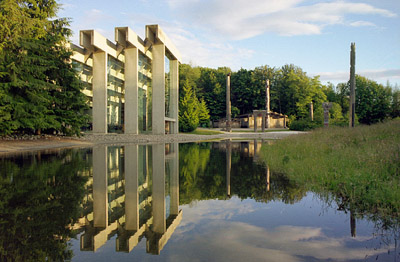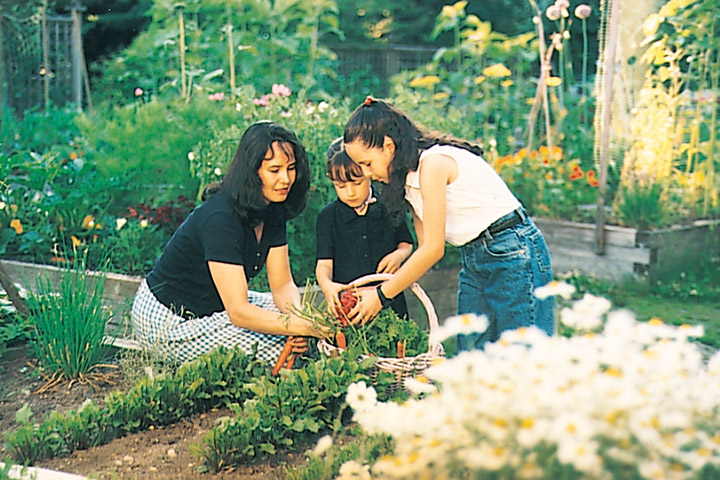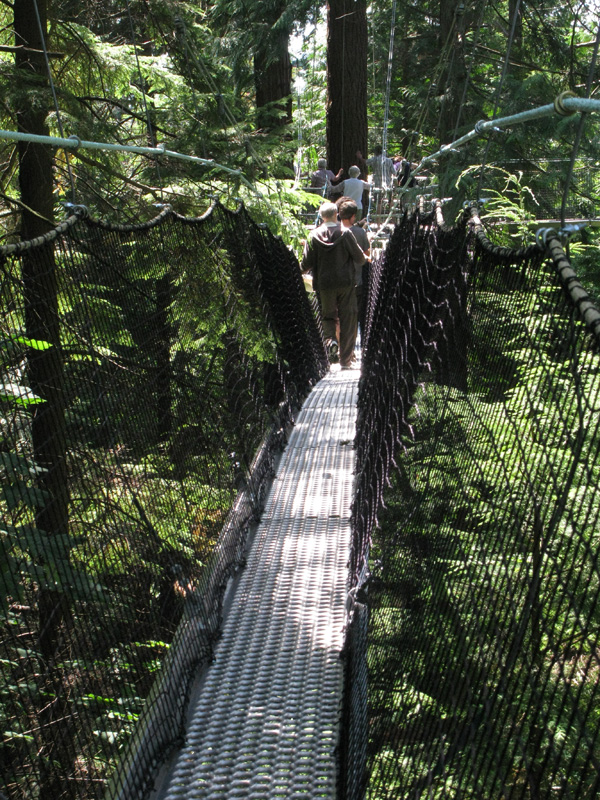In preparing to apply to UBC Pharm Sci you may have already looked at the curriculum, explored the different involvement opportunities available and watched our Student Talks videos. But perhaps you’re still not sure what life would be like as a student here at the Faculty? Read on for second-year BSc(Pharm) student Joshua Quisias’ account of a typical day:
“A day in the life of a UBC Pharm Sci student usually starts with a 9:00 am lecture in the new Pharmaceutical Sciences building. Since our schedule is integrated, the topic could range from pathophysiology, to pharmacology, to therapeutics. Regardless of the topic, the material covered will be important for good pharmacy practice, effective patient care, and exams.
After 3 one hour-long lectures, class is over by noon. This is a good chance to take a break and grab some lunch from the Daily Dose, with my classmates. We usually take this chance to briefly discuss the lecture material and upcoming exams, but soon end up putting that on the backburner and talking about any events that are coming up. Recently, the discussions have focused around Mr. Pharmacist and the Pharmacy Gala, two of the most popular annual events for our faculty. Sure, being a pharmacy student is hard work, but no one said it couldn’t be fun too!
After lunch, we split up – half of us head to the practice lab where we practice skills that we’ll need when we’re out on rotation and are practicing pharmacists. Some of these skills include counselling, compounding, and learning how to do certain physical examinations. The other half heads up to a tutorial room, where we discuss patient cases or learn more about the aspects of pharmacy practice.
Once lab or tutorial is over, usually by 5:30 pm, it’s time to head back home, get some food, and hit the books. Preferred methods of studying are personal and dependent on the subject. For me, if the topic is memorization-heavy, such as frequently prescribed medications, I like to make flashcards otherwise is the material is concept-heavy, as pathophysiology is, I like to go over the learning objectives. Usually, this study time includes chatting with friends about some of the more difficult topics, as discussing material really helps me clear up my confusions with the material. Once I feel happy with the amount of studying I’ve done, or once I’m struggling to keep my eyes open, it’s time to go to bed and get some rest before the next day starts.”
– Joshua Quisias, 2nd year BSc(Pharm) Student
Thanks Joshua! We hope this helped give you some insight into the day-to-day life of a UBC Pharm Sci student. If you have any further questions, feel free to leave them in the comments or on Twitter or Facebook.
– Ivan Yastrebov, Communications & Marketing

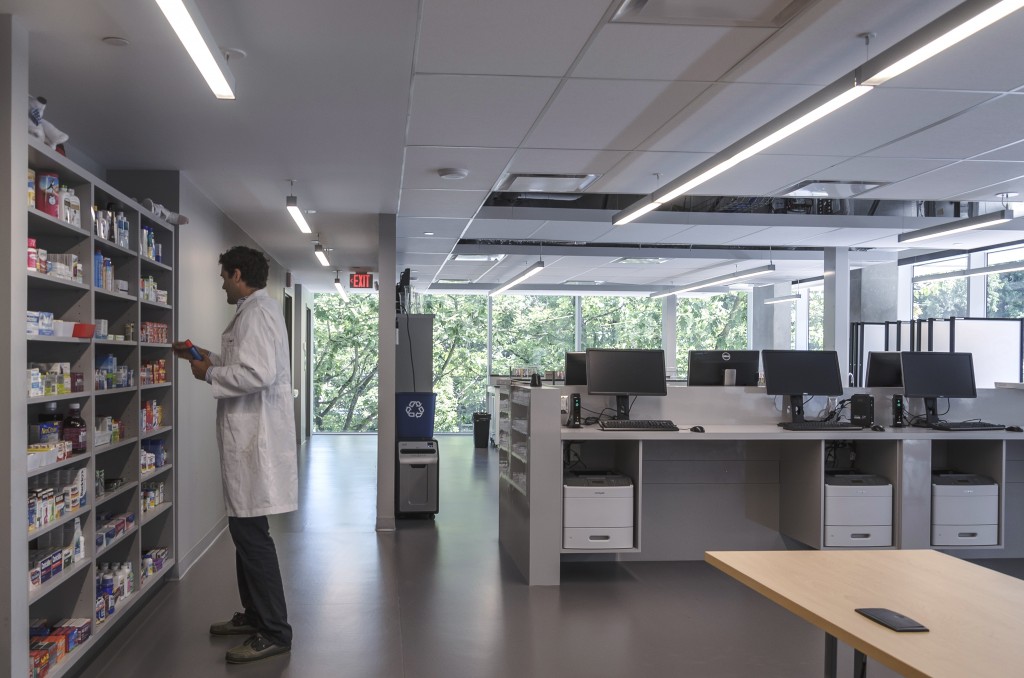
 Follow
Follow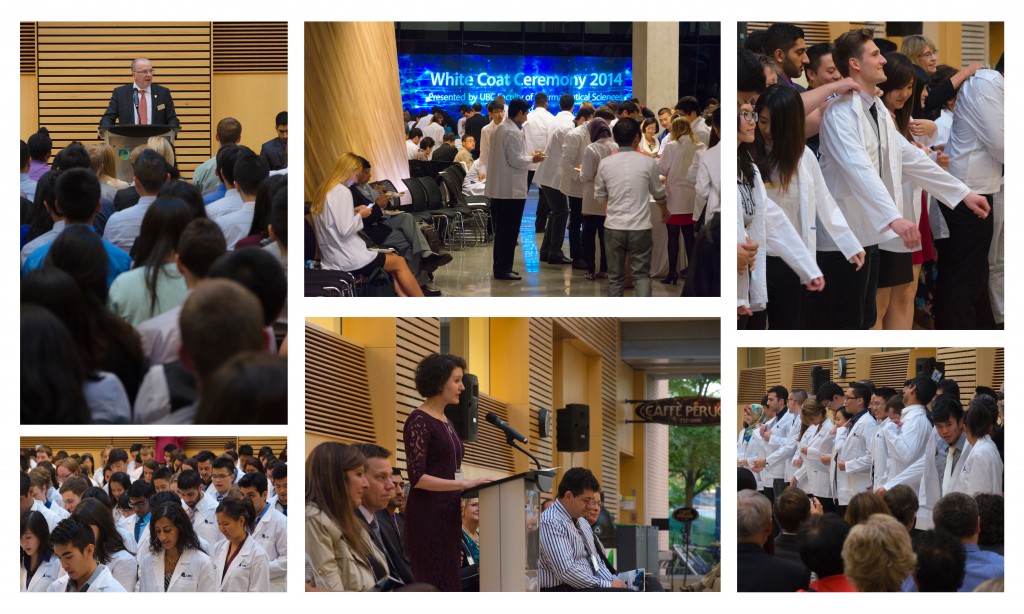

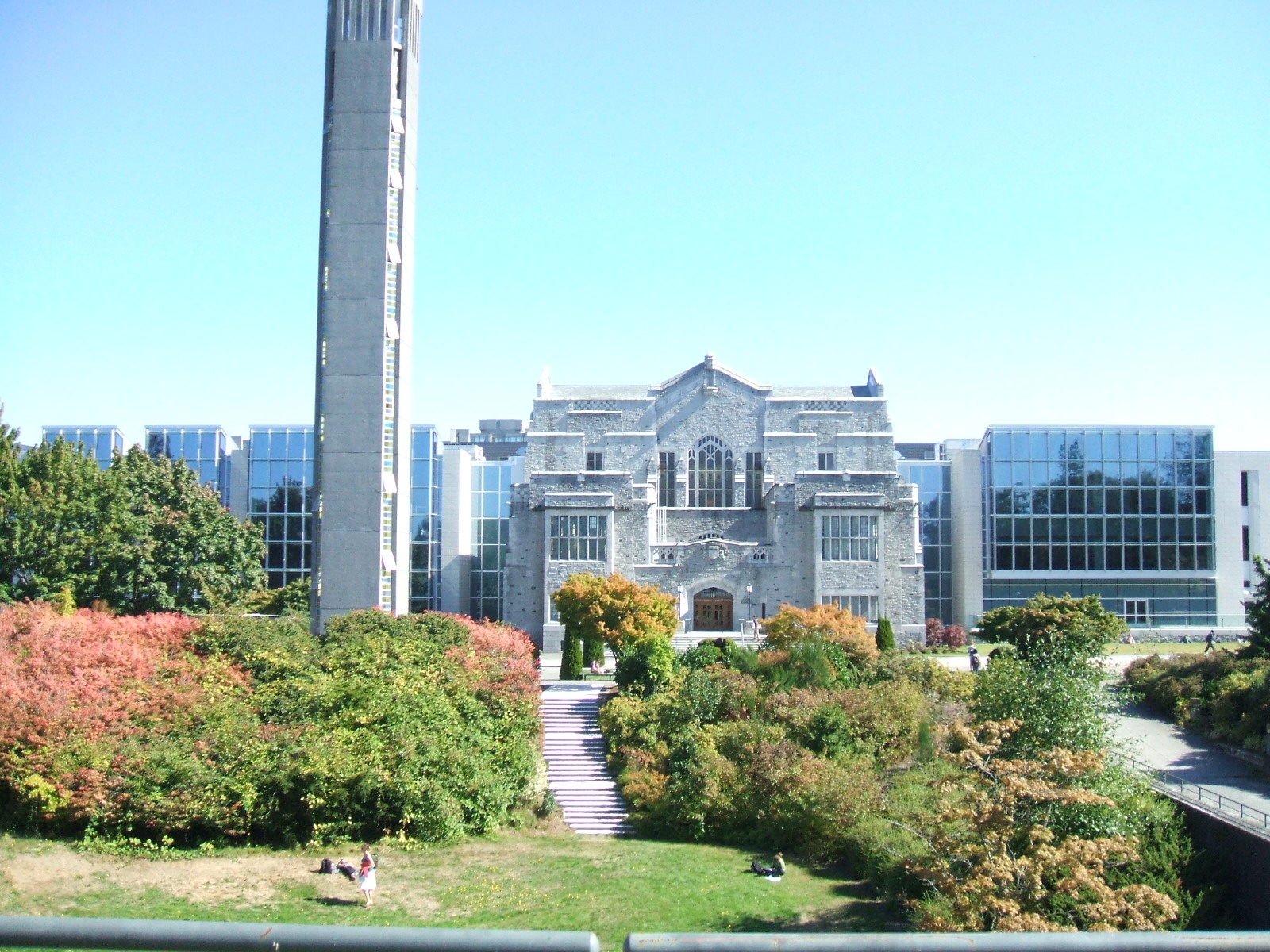
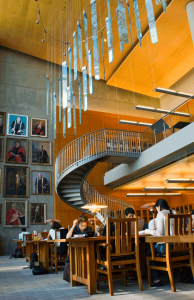
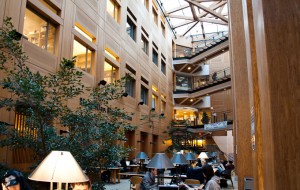 r a beautiful building to work in, this may be your winner. The Forestry building is appropriately a masterpiece of woodwork. The building is warm and inviting, with plenty of table space. Also, the building has its own Tim Horton’s, so there is easy access to study fuel. The only downside is that Forestry students can be quite protective of their building, so be respectful.
r a beautiful building to work in, this may be your winner. The Forestry building is appropriately a masterpiece of woodwork. The building is warm and inviting, with plenty of table space. Also, the building has its own Tim Horton’s, so there is easy access to study fuel. The only downside is that Forestry students can be quite protective of their building, so be respectful.

